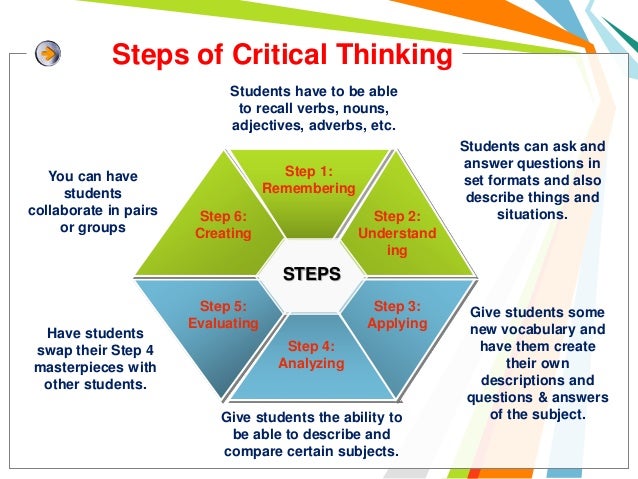In today’s rapidly changing world, the ability to think critically is becoming increasingly important. Critical thinking skills empower individuals to analyze information, evaluate arguments, and make well-informed decisions. These skills are not only crucial for academic success but also essential for navigating real-life situations effectively. Therefore, it is imperative that we develop these skills in our children from an early age.
One way to foster critical thinking skills is by encouraging open-ended discussions. Encourage your child to share their thoughts and opinions on various topics without fear of judgment or criticism. Engage them in conversations that require them to think deeply and provide evidence or reasons for their viewpoints. This will help them develop the ability to consider multiple perspectives and form logical arguments.
Another effective strategy is asking thought-provoking questions. Instead of accepting surface-level answers, encourage your child to dig deeper by asking questions like “Why do you think that?” or “What evidence supports your claim?” This encourages them to question assumptions and seek out evidence before forming conclusions.
Problem-solving activities also play a significant role in developing critical thinking skills. Present your child with real-life problems or puzzles that require creative thinking and logical reasoning for solutions. Encourage them to brainstorm different approaches, evaluate potential outcomes, and reflect on the effectiveness of each option.
Reading books can be an excellent tool for enhancing critical thinking abilities as well. Encourage your child to read a variety of genres and discuss what they have read together. Ask questions about character motivations, plot twists, or moral dilemmas within the storylines; this will challenge their analytical thinking while fostering empathy and understanding.
Lastly, exposure to diverse perspectives is crucial in developing critical thinking skills. Encourage your child to interact with people from different backgrounds or cultures who hold differing opinions than theirs. Exposing them to diverse ideas helps broaden their understanding of various viewpoints while teaching tolerance and respect.
Developing critical thinking skills takes time and practice but yields lifelong benefits. By implementing these strategies, you are equipping your child with the tools they need to navigate an increasingly complex world with confidence and clarity.

Leave a comment